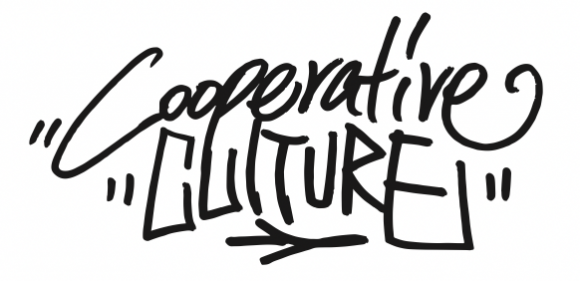
Some of the key issues that often correlate, coincide, or are caused by the elements of "Cooperative Culture" in a cooperative are as follows -
EDUCATION & TRAINING
Supportive learning opportunities for members to explore their emotional regulation and relational skills (e.g. group dynamics) can significantly help develop and sustain a truly cooperative culture. Such education and training focuses on the person, their personality, their methods of expression, and how they relate to others. This helps to teach people how to fully embody cooperativism not just in their participation in the cooperative, but throughout their lives and society.
MEMBERSHIP TRANSITION
Given that culture is defined and maintained by people and their relationships, how new members are recruited, selected, and onboarded has a tremendous impact on a cooperative and its culture. Many cooperatives have experienced harmful impacts of bringing uncooperative people into their organization without sufficient training or orientation to cooperativism, even to the point of demutualization.
SOCIAL TRANSFORMATION
For a cooperative to truly contribute to the collective striving for social transformation, it must maintain a culture that views its efforts as more than just “business.” In complement, embracing that In line with this is the reality that it is possible to build a better, cooperative world without requiring that every person be a member of a cooperative. Instead, if every individual can embody cooperativism on a deeply personal level, society may even be able to orient toward other forms of self-governance and organization even better than cooperation.
